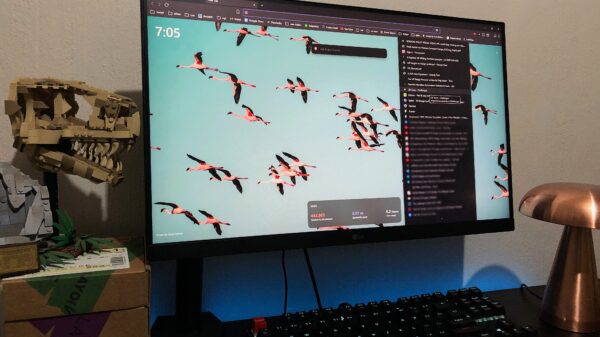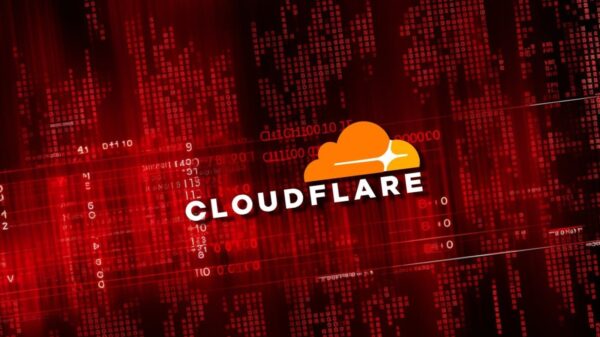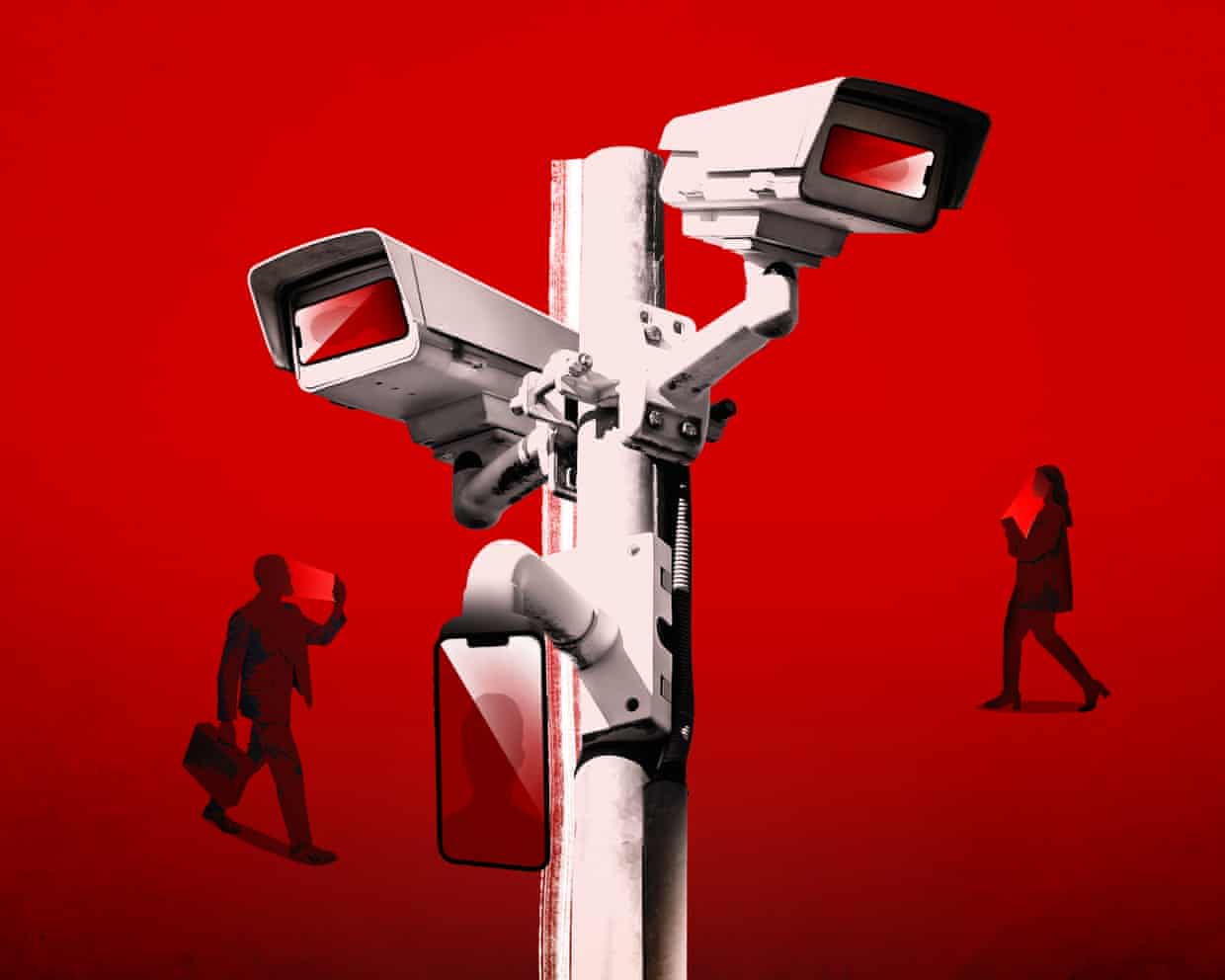Employers in Australia are increasingly monitoring employee data, raising significant concerns about privacy protections. As companies deploy technology to track location, emails, and keystrokes, many workers feel their personal space is being invaded without adequate safeguards.
At the Commonwealth Bank (CBA), the app called Navigate is used for employee access to corporate offices. Chris*, an employee, described the app as requiring location permissions that are not limited to its use. “Instead of having a key card that you use to tap on to get in, it’s an app installed on your phone,” he said. Concerns arise as Chris noted that the bank can access this location data without providing clear explanations on how it will be used.
A CBA spokesperson clarified, “We use a CBA-dedicated mobile phone app that provides access to our corporate offices,” adding that the app helps employees connect their devices to the network. Despite these assurances, Chris remains skeptical about the bank’s commitment to privacy, pointing out that employees lack clarity on the extent of the data being collected.
The issue of privacy is further complicated by Australian laws. According to a forthcoming paper by Alysia Blackham, a law professor at the University of Melbourne, the federal Privacy Act has significant exemptions that allow employers to gather extensive data without proper protections. “Small businesses are exempt from privacy law, and there’s also an employee records exemption,” Blackham explained. “When data is collected, all the protections disappear due to that exception.”
This lack of protections can have dire consequences. In one instance, a worker in the insurance industry was dismissed after her keystrokes indicated “very low” average activity. The Fair Work Commission subsequently rejected her claim for unfair dismissal, highlighting the potential for misuse of monitoring practices.
Another employee, Kate*, shared her experience of constant monitoring in a call center. “You’re continually monitored, particularly in a call centre environment,” she said, noting that such scrutiny amplified workplace stress.
The trend extends beyond keystrokes. An employee from a multinational company detailed how vehicle tracking devices were misused for employee monitoring, creating a climate of distrust. “I felt so strongly about this abuse of power that I actually resigned from my job of many years,” the worker stated during a Victorian parliament inquiry into workplace surveillance.
Reports of privacy breaches are not limited to tracking technology. In a notable case, Virgin Australia accessed key swipe logs and CCTV footage from a flight attendant’s hotel room, discovering personal details that led to disciplinary action. The Fair Work Commission later ordered the employee’s reinstatement, showcasing the legal complexities surrounding workplace surveillance.
The rise of artificial intelligence (AI) in the workplace adds another layer of concern. Blackham noted that AI systems are increasingly being used to monitor employee performance, from tracking email activity to assessing productivity in warehouses. Joseph Mitchell, assistant secretary of the Australian Council of Trade Unions, remarked that AI has “turbo-charged” workplace surveillance, potentially leading to biased decision-making against workers.
The implications of such technologies are profound. As Mitchell emphasized, “Intrusive surveillance not only strips workers of their privacy but also has the potential to result in biased and discriminatory decision-making against workers.”
Calls for reform are growing. A 2023 review of the federal Privacy Act recommended that the small business exemption be removed and employee records exemption be revised to enhance privacy protections. While these recommendations were not included in the recent privacy legislation passed by the Albanese government, further reforms are anticipated.
As workplace monitoring continues to evolve, it is essential for both employers and employees to engage in open dialogue regarding privacy rights and data protection. The balance between workplace efficiency and personal privacy remains a critical issue that merits attention.
*Names changed for confidentiality.





































































